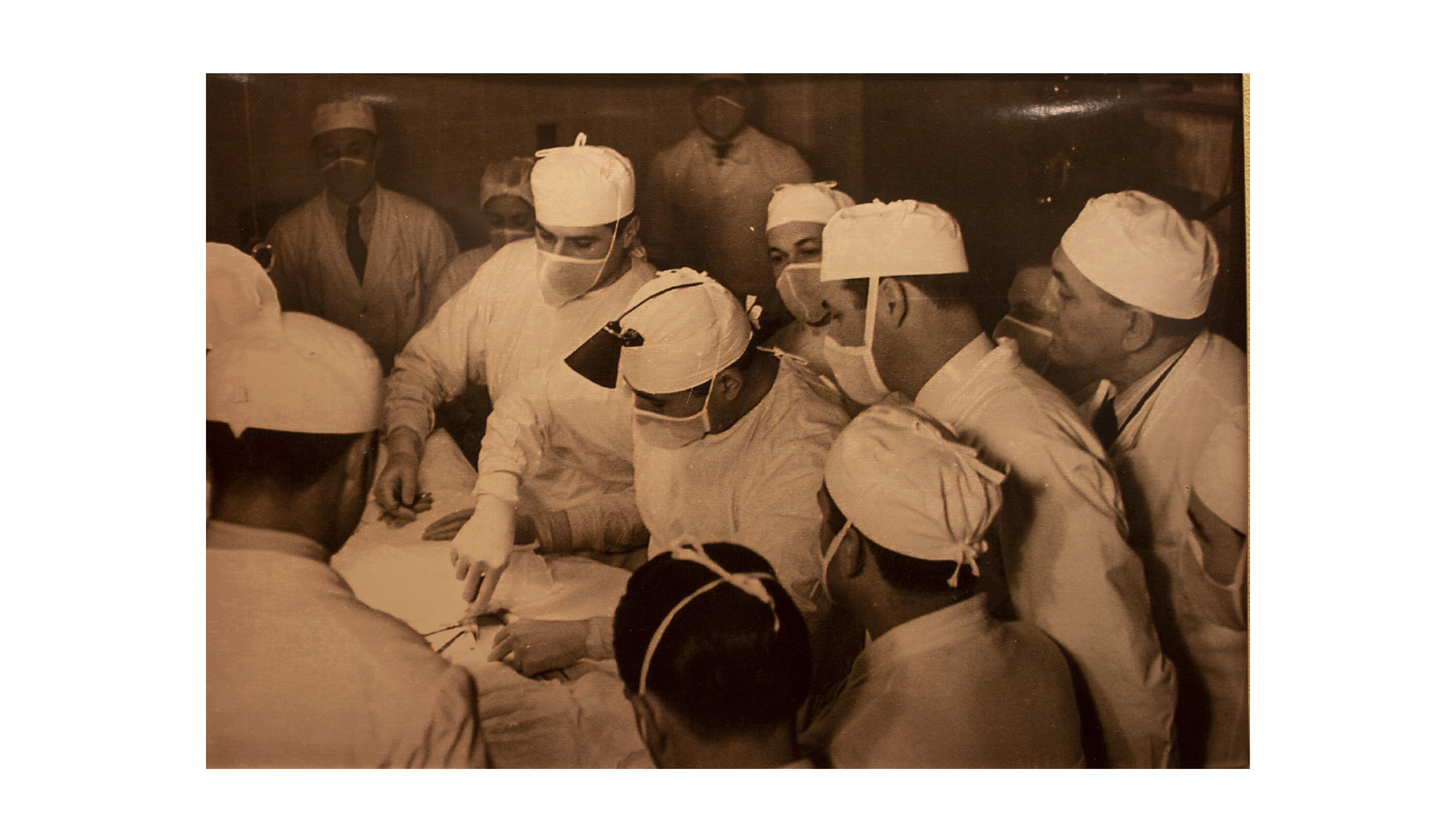Critical reading of medical articles and formation of communities of inquiry
DOI:
https://doi.org/10.31053/1853.0605.v78.n4.35708Keywords:
critical reading, inquiriesAbstract
This method emphasizes the interrelation between the pedagogical mode of intervention and the resulting development in the student's way of reasoning. This is reminiscent of Heisenberg's principle of indeterminacy, according to which "there is no way to observe a particle without altering it." Our knowledge of things can only be knowledge of how they act as a result of our observation and experimentation with them.
The development of the student's scientific medical thinking is defined according to how he acts when subjected to the tests and stimuli of the forms of pedagogical intervention. Therefore, if the student's medical thinking develops as a result of various pedagogical interventions, then teaching and mental development are inseparable from each other, as we see daily by being dazzled by the ability of our students to understand, learn, incorporate and act.
Furthermore, if the student's cognitive performance is a function of the teacher's pedagogical performance, then we must find ways to expand the teacher's ability to challenge the student to respond.
I propose here a clear defense of a curricular program that goes far beyond the power of construction attributed to the typical professor; a curricular program that constitutes a discipline dedicated to stimulating the mind and engaging it to understand what it otherwise willingly assumes.
Downloads
References
NA
Downloads
Published
Issue
Section
License
Copyright (c) 2021 Universidad Nacional de Córdoba

This work is licensed under a Creative Commons Attribution-NonCommercial 4.0 International License.
The generation of derivative works is allowed as long as it is not done for commercial purposes. The original work may not be used for commercial purposes.







